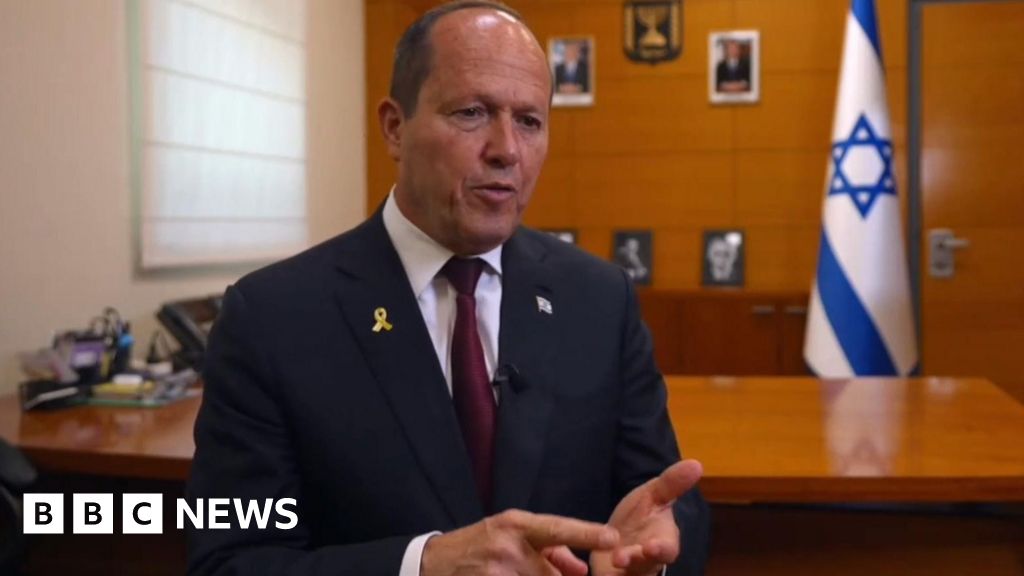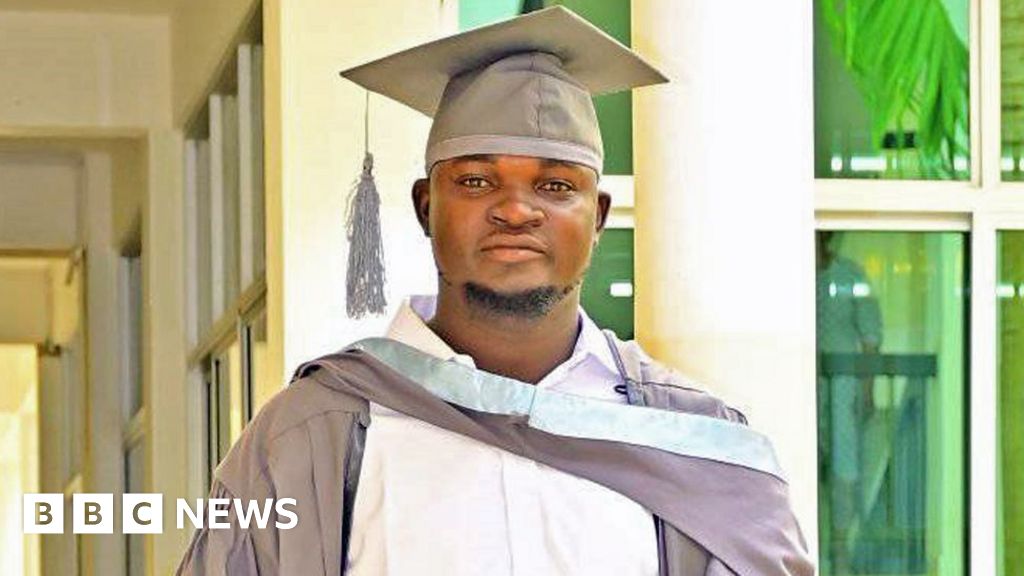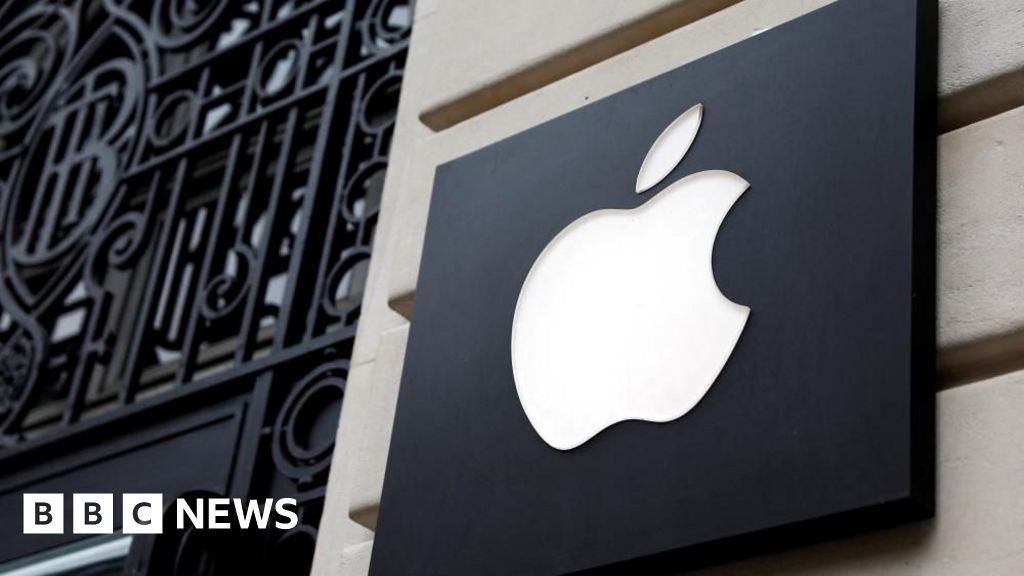- Donald Trump has delivered on several of his crypto-related campaign promises within his first 100 days in office.
- Key regulations, including the GENIUS and STABLE Acts for stablecoins, will likely be voted on soon.
- Trump has appointed numerous pro-crypto figures to important positions in his administration.
The first 100 days of a new term are considered an important benchmark for assessing a new President’s agenda promises, momentum, and their ability to deliver on crucial campaign promises.
For crypto, these first few months have been nothing short of eventful. Through executive orders (EOs) and key nominations, Donald Trump has quickly started turning his pro-crypto rhetoric into action.
You’ll Want To See This
Trump’s Crypto Agenda
When Donald Trump campaigned for office, he made several bold promises to the crypto and blockchain community. While some of these initiatives didn’t arrive as quickly as many hoped, they’re finally starting to take shape.
Crypto and CBDCs
Trump wasted no time making good on his crypto promises. Just a week into his presidency, he signed an EO that set the tone for his administration’s pro-crypto stance.
One key component of the order was forming a “crypto working group,” tasked with researching and drafting comprehensive regulations for crypto and stablecoins.
The group was given a six-month deadline to submit its findings, including a “national crypto stockpile proposal.”
Trump’s EO also took a strong stance against central bank digital currencies (CBDCs), specifically banning U.S. agencies from creating or distributing a U.S. dollar-based central bank digital currency.
Bitcoin Strategic Reserve
One of Trump’s more unconventional promises was to create a Bitcoin Strategic Reserve.
On March 6, 2025, he signed an EO that went even further than expected, establishing Bitcoin (BTC) as a national reserve asset.
This EO also calls for the creation of a U.S. Digital Asset Stockpile, which will include Bitcoin and other major cryptocurrencies like Ethereum (ETH), Solana (SOL), and Cardano (ADA).
The U.S. government is set to back this reserve with its impressive holdings—198,012 BTC and significant amounts of ETH, USDT, and various altcoins.
Mining: The U.S. as the Bitcoin Capital of the World
Trump has always been vocal about his goal of making the U.S. the Bitcoin mining capital of the world , and his administration is working to make that a reality.
By pushing for deregulation of the energy sector, he’s aiming to create new incentives for domestic miners.
In fact, Trump’s sons, Eric and Donald Trump Jr., have even taken a minority stake in a new Bitcoin mining firm, American Bitcoin, signaling the administration’s commitment to boosting U.S. mining operations.
World Liberty Financial (WLFI) and DeFi
Trump isn’t just focused on Bitcoin; his influence also extends into the DeFi space.
Trump-linked company, DT Marks DEFI LLC, launched a new decentralized finance (DeFi) project called World Liberty Financial (WLFI). The project raised over $550 million through its token sale and has already invested significantly in altcoins.
The project also introduced a governance platform and announced plans to launch a stablecoin, USD1, alongside a major airdrop.
Stablecoins: The GENIUS and STABLE Acts
Stablecoins are high on Trump’s crypto agenda. Pro-crypto politicians, emboldened by Trump’s support, are now pushing for major stablecoin regulations to be passed this year.
The GENIUS and STABLE Acts are currently circulating through Congress and are likely to be combined into one cohesive piece of legislation. A vote on the matter is expected in the coming months.
The SEC: A New Era
One of Trump’s key promises was to shake up the U.S. Securities and Exchange Commission (SEC), and he delivered. On his first day in office, he moved to fire SEC Chairman Gary Gensler.
It wasn’t long before Gensler announced his resignation, signaling a new direction for the agency.
Since then, the SEC has taken steps to reverse policies that stifled crypto growth, including withdrawing Staff Accounting Bulletin 121 (SAB 121), which had previously made it difficult for crypto companies to collaborate with banks.
The SEC has also reversed several high-profile cases, including those against Coinbase, Ripple, and Binance.
As of April 21, 2025, the SEC officially has a new chair: Paul Atkins. He’s another one of Trump’s pro-crypto nominees, and he faced an uphill battle during his confirmation process. But he vowed to keep politics out of regulation and is a known backer of crypto.
The CFTC: Pro-Crypto Appointments
Trump also made moves at the Commodity Futures Trading Commission (CFTC). Former CFTC Chairman Rostin Behnam stepped down on January 20, 2025, making room for another pro-crypto nominee, Brian Quintenz.
Quintenz previously served as a CFTC Commissioner, during which he was a vocal supporter of blockchain and digital assets. After leaving, he joined a16z’s crypto division as an advisor partner and later as Head of Policy.
David Sacks: The U.S. Crypto and AI Czar
The former PayPal executive David Sacks has long been tipped for a role in Trump’s administration. In February 2025, he was officially appointed as the U.S. Crypto and AI Czar.
Sacks is using his position to spearhead a broader crypto agenda, including creating crypto-specific working groups, advancing stablecoin legislation, and reforming enforcement policies for the industry.
Pardons
Trump also kept his promise to pardon key figures in the crypto space. The most high-profile pardon was granted to Ross Ulbricht, the founder of Silk Road, who received a full and unconditional pardon after serving just a portion of his life sentence.
Additionally, executives from the crypto exchange BitMEX—Arthur Hayes, Samuel Reed, Gregory Dwyer, and Benjamin Delo—were also pardoned after pleading guilty to charges related to operating the exchange as a “money laundering platform.”
Was this Article helpful?

















